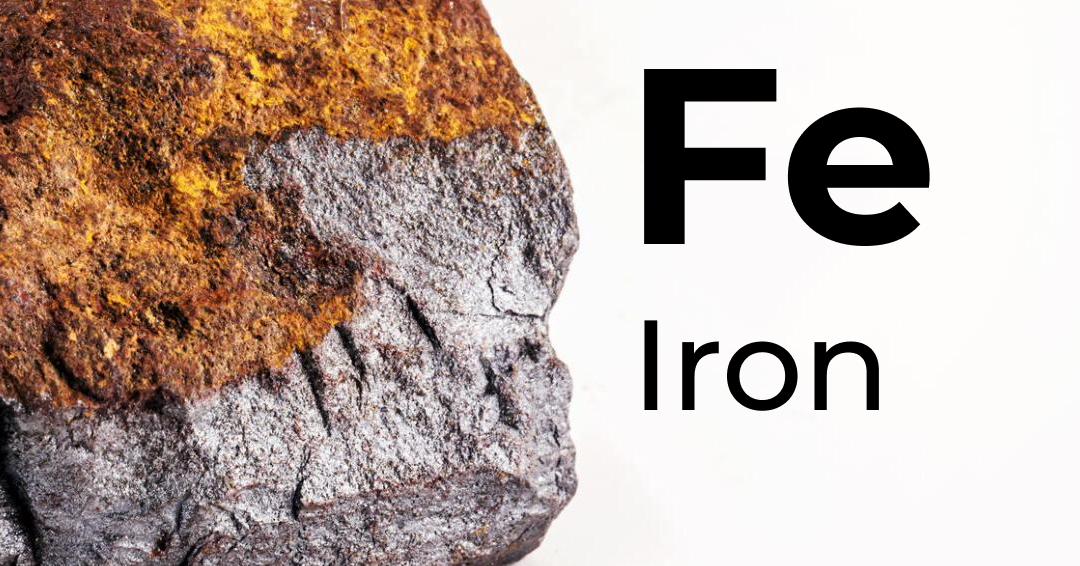
Iron deficiency and iron deficiency anemia are significant health problems worldwide, especially for women of reproductive age and during pregnancy. These issues are more common in low-income countries, but they are also prevalent in developed nations.
Iron Deficiency in Pregnancy
- Increased Iron Requirements: Pregnancy increases the body’s demand for iron due to expanded blood volume and the nutrient required for the growth and development of the foetus.
- Potential Outcomes: Iron deficiency during pregnancy is linked to adverse effects, such as low birth weight, prematurity, intrauterine growth restriction, and increased maternal illness.
- Foetal Impact: The developing foetal brain is at risk due to maternal iron deficiency, which can lead to cognitive, social-emotional, and adaptive function issues in the offspring.
Common Signs and Symptoms
- Fatigue, Weakness, Dizziness: These symptoms are due to lowered oxygen delivery to the tissues.
- Pale Skin: Low haemoglobin levels can result in pale or yellowish skin.
- Pica: A craving for non-food substances like ice is a sign of severe iron deficiency.
- Others: Headaches, palpitations, hair loss, and tinnitus (ringing sound in ear) can also occur.
Prevention and Treatment
- Iron Supplements: Iron supplements in the form of tablets, capsules, syrup, or drops are commonly used to prevent and treat iron deficiency anemia during pregnancy.
- Dietary Sources: Lean meats, poultry, and fish provide more bioavailable iron compared to plant-based sources like cereals, legumes, and dark green leafy vegetables.
- Considerations for Vegetarians and Vegans: Those on plant-based diets should take care to include sources of vitamin C, which enhances non-heme (veg) iron absorption, in their diets.
High-Risk Factors
- Close Pregnancies: Women who become pregnant soon after a previous pregnancy are at higher risk for iron deficiency.
- Multiple Pregnancies: Women carrying multiple children (e.g., twins) have higher iron demands.
- Frequent Vomiting: Morning sickness and other forms of vomiting can deplete iron stores.
- Heavy Bleeding: A history of heavy menstrual bleeding increases the risk of iron deficiency.
Global Prevalence of Iron Deficiency and Anemia
- Iron deficiency and anemia are common globally, especially in low-income countries and developing regions.
- Anemia affects around one-third of non-pregnant women worldwide, with higher prevalence in pregnant women (37% globally and over 50% in India).
- Even in developed countries, many women of reproductive age may have low iron stores, putting them at risk of anemia during pregnancy.
Recommendations
- Routine Iron Supplementation: Routine iron supplementation is recommended during pregnancy to support the mother’s and baby’s health.
- Regular Monitoring: Pregnant women should have their haemoglobin levels monitored regularly to ensure adequate iron levels.
- Nutritional Guidance: Health care providers can offer nutritional guidance to ensure pregnant women consume enough iron-rich foods and consider supplements if necessary.
- Careful management: Special care and management is required during Pregnancy to ensure the health and well-being of both the mother and the baby.
Cochrane Database Syst Rev. 2016; 2016(4): CD009747.
Am J Obstet Gynecol. 2020; 223(4): 516–524.
Saudi Med J. 2015; 36(2): 146–149.
Obstetrics & Gynecology 2021; 138(4): 663-674.
WHO Global Anaemia estimates, 2021 Edition
American Society of Hematology
